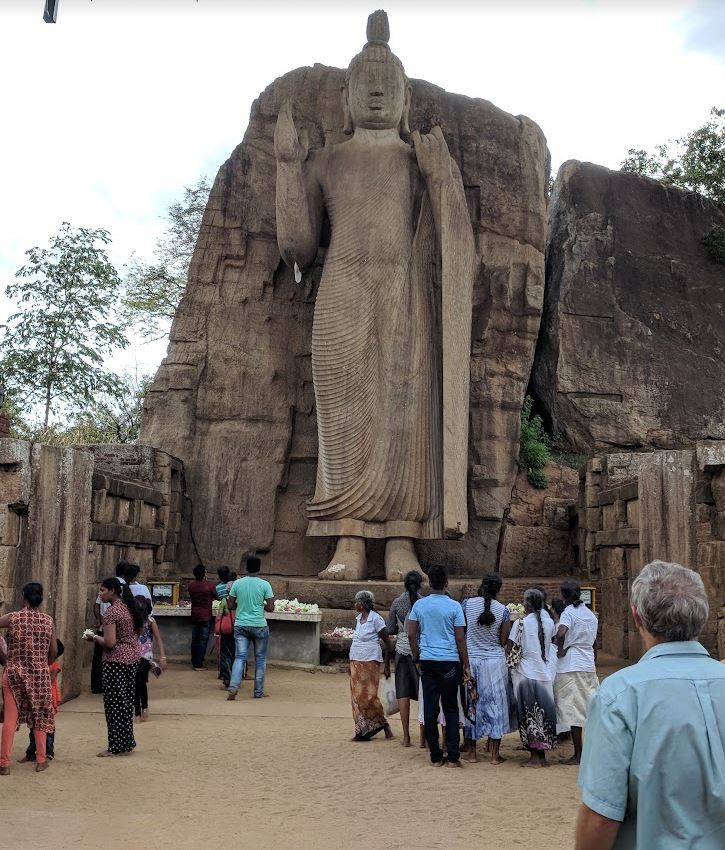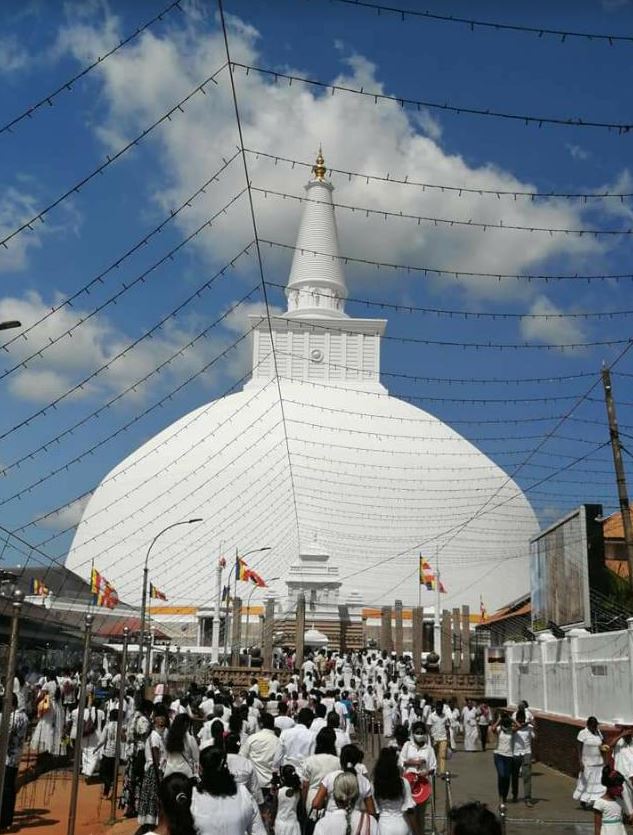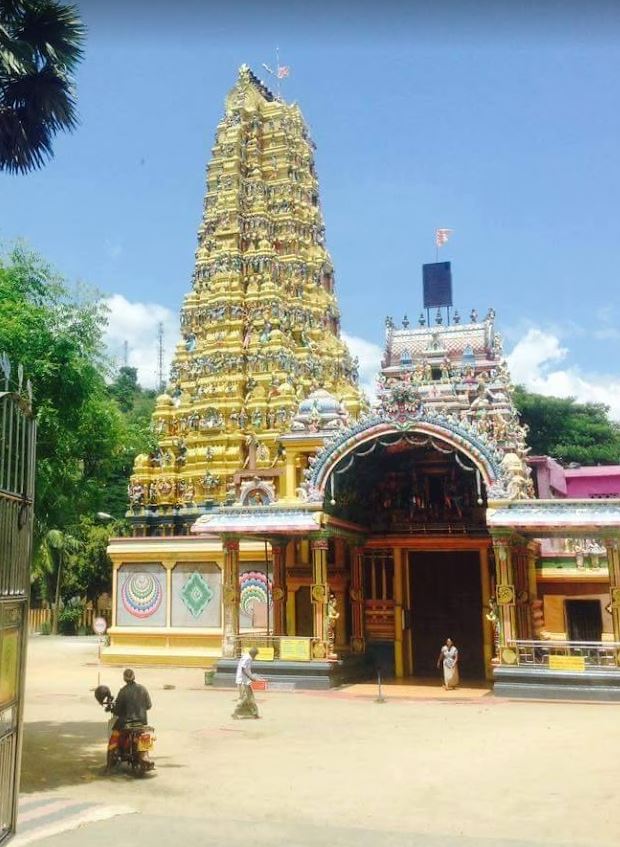Sri Lanka Religion



Sri Lanka Religion is a multi-religious country with a rich tapestry of spiritual traditions and practices. The island’s religious landscape is dominated by Buddhism, followed by Hinduism, Islam, and Christianity, each contributing to the country’s cultural heritage and social fabric.
Day Tours to Main Cultural Sites
There are many Cultural Heritage sites to visit many Sri Lanka Religion places. Most famous places are Anuradhapura, Polonnaruwa, Kandy and Sigiriya.
1. Buddhism
- Adherents: Approximately 70% of the population
- Main Tradition: Theravada Buddhism
- Overview: Buddhism was introduced to Sri Lanka in the 3rd century BCE by Mahinda, the son of Emperor Ashoka of India. It quickly became the dominant religion and has had a profound influence on the culture, laws, and arts of Sri Lanka. The religion’s practices and teachings are deeply embedded in the daily lives of many Sri Lankans. Important Buddhist sites include the Temple of the Sacred Tooth Relic in Kandy, the ancient cities of Anuradhapura and Polonnaruwa, and the Dambulla Cave Temple. Festivals like Vesak, which celebrates the birth, enlightenment, and death of the Buddha, are widely observed with colorful lanterns, pandals, and religious activities.
2. Hinduism
- Adherents: Approximately 12.6% of the population
- Main Tradition: Shaivism (worship of Shiva)
- Overview: Hinduism in Sri Lanka is primarily practiced by the Tamil ethnic group, predominantly in the Northern and Eastern provinces. The religion has a long history on the island, with roots that predate the arrival of Buddhism. Hindu temples are spread across the country, with notable ones like the Nallur Kandaswamy Kovil in Jaffna, dedicated to Lord Murugan, and the Munneswaram Temple in Chilaw, which is one of the island’s most revered temples. Hindu festivals like Thai Pongal, Deepavali, and Maha Shivaratri are widely celebrated, particularly in Tamil-majority regions.
3. Islam
- Adherents: Approximately 9.7% of the population
- Main Tradition: Sunni Islam (following the Shafi’i school of jurisprudence)
- Overview: Islam was introduced to Sri Lanka by Arab traders as early as the 7th century. The Muslim community in Sri Lanka, known as Moors, has a significant presence, particularly in the Eastern Province, as well as in Colombo and other urban areas. Islamic practices are integral to the community, with mosques found across the country. Significant Islamic festivals include Eid al-Fitr, marking the end of Ramadan, and Eid al-Adha, the festival of sacrifice. The Jami Ul-Alfar Mosque (Red Mosque) in Colombo is one of the most famous and architecturally distinctive mosques in the country.
4. Christianity
- Adherents: Approximately 7.4% of the population
- Main Denominations: Roman Catholicism, Anglicanism, and various Protestant denominations
- Overview: Christianity in Sri Lanka dates back to the arrival of Portuguese colonizers in the 16th century. Roman Catholicism is the largest Christian denomination, followed by other Christian sects brought by Dutch and British colonizers. Christian communities are spread throughout the country, with significant populations in the Western Province, as well as in coastal areas. Important Christian sites include St. Anthony’s Shrine in Kochchikade, Colombo, and the Shrine of Our Lady of Madhu in Mannar, which is a major pilgrimage site. Christmas and Easter are widely celebrated, along with other Christian feasts.
5. Other Religions
- Adherents: A small percentage of the population practices other religions, including Bahá’í, Jainism, and various indigenous beliefs.
- Overview: These smaller religious communities contribute to the diverse spiritual landscape of Sri Lanka. While their numbers are limited, they continue to practice and maintain their religious traditions and cultural identities.
Religious Harmony and Coexistence
Sri Lanka is known for its religious diversity, and many Sri Lankans observe a deep respect for different religious traditions. Interfaith interactions are common, and many religious festivals are celebrated by people of different faiths. However, the country has also faced religious tensions, particularly during periods of conflict, but efforts continue to promote peace, understanding, and coexistence among the various religious communities.
Day Tour Price to Cultural Sites
- Transport Cost for Anuradhapura USD 95 – Polonnaruwa USD 95 – Sigiriya USD 70 per private tour in an A/C car or van with an English speaking chauffeur-guide
Vehicle Options:
Car (up to 2 persons): Toyota Axio, Prius Hybrid, Premio/Honda Fit Shuttle or similar
Van (3 to 6 persons): Toyota KDH/Nissan Caravan or similar
- Entrance ticket fee for Anuradhapura/Polonnaruwa/Sigiriya Sri Lanka – Ticket price for each place US$ 35 / EUR 31 / GBP 26) per foreign adult and US$ 17 / EUR 16 / GBP 13 ticket price per foreign child of age 05 – 12 years are applicable.
